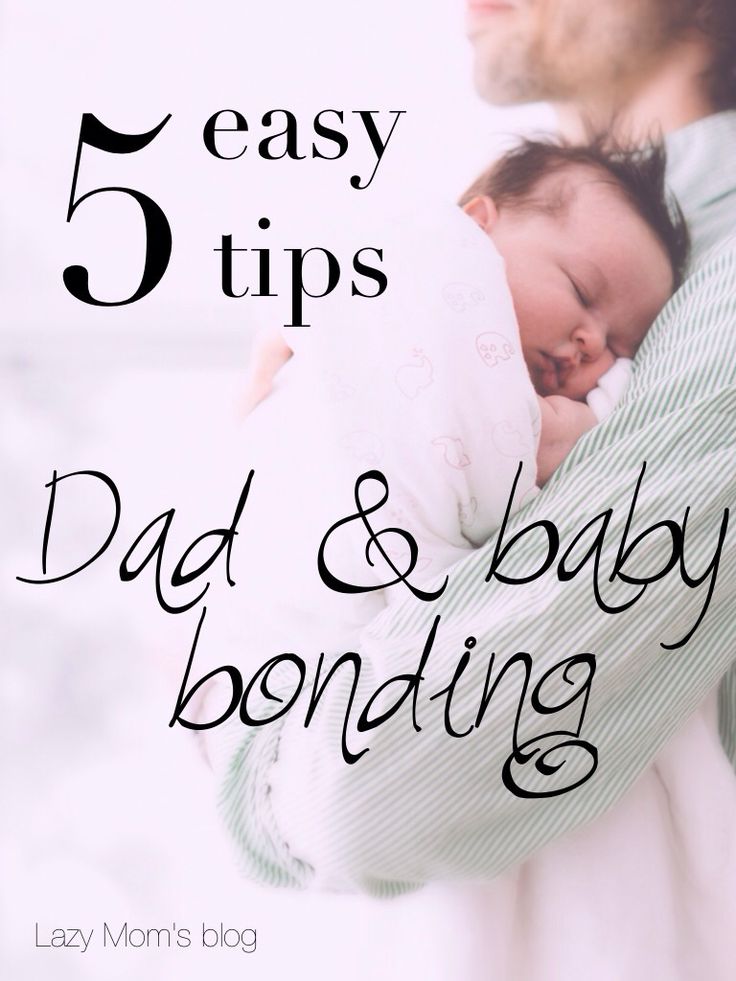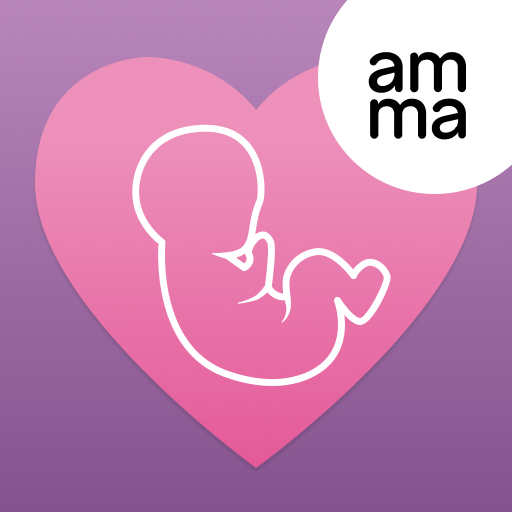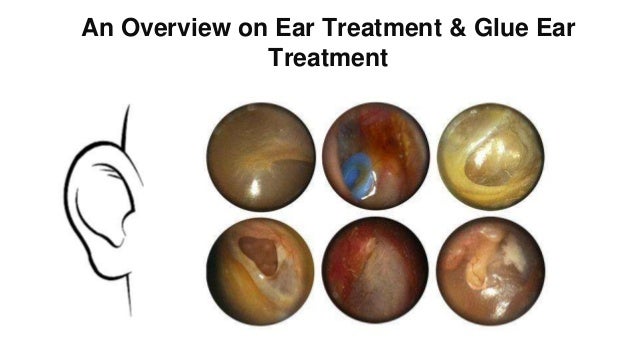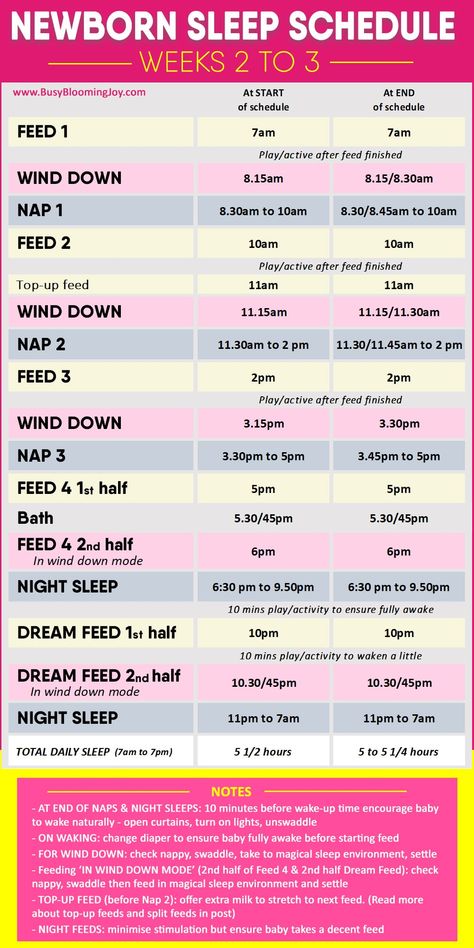Mom and baby bonding
The Importance of Infant Bonding
When a caregiver consistently responds to an infant’s needs, it sets the stage for the growing child to enter healthy relationships with other people throughout life and to appropriately experience and express a full range of emotions.
By Mary Beth Steinfeld, M.D.
The process of bonding with a new baby is natural for most mothers. Left alone, new mothers will hold their baby next to their bodies, rock them gently, strive for eye contact, sing or talk to the baby and begin to nurse. Often within just hours of birth, mothers report feelings of overwhelming love and attachment for their new baby.
A normal, full-term baby is also programmed to initiate and enter into a bonding relationship. Crying and making other noises, smiling, searching for the breast, and seeking eye contact give cues for a caring adult to respond.
When a caregiver consistently responds to an infant’s needs, a trusting relationship and lifelong attachment develops. This sets the stage for the growing child to enter healthy relationships with other people throughout life and to appropriately experience and express a full range of emotions.
An optimum opportunity
Dr. Steinfeld is a developmental and behavioral pediatrician at UC Davis Medical Center and UC Davis Children's Hospital in Sacramento.
But what happens when things don’t work out so well? What if babies and their mothers are separated at birth, as when babies are premature or ill and need special care? Or babies who are placed for adoption and may not meet their adoptive mother for quite some time after birth? Sometimes a new mother feels depressed or incapacitated after delivery and doesn’t feel like interacting with her newborn.
Fortunately, humans are not completely dependent on those early moments and have many opportunities to bond appropriately throughout the first year of life. We know that mothers who adopt babies and even older children are able to form normal attachment relationships.
Still, the first few days of life are believed to offer an optimum opportunity for bonding to take place. Standard practice in most U.S. hospitals allows mothers and babies as much time as possible together after birth. Even when babies are born ill or premature, the importance of bonding is recognized. Whenever possible, health care providers in intensive care units try to create opportunities for parents to spend time holding and caring for their babies.
Dads and siblings, too
Babies who are held and comforted when they need it during the first six months of life tend to be more secure and confident as toddlers and older children.
Is it important for fathers to bond with their babies? Absolutely. New fathers often feel less confident than new mothers around a baby, and may feel excluded in the close relationship that develops between the mother and baby. If a baby is breastfed, fathers may be uncertain about what activities they can engage in with the new baby.
Like mothers, fathers need quiet time to spend holding their new babies close, gazing into their eyes, talking to them and comforting them when distressed. Fathers may wish to take walks with their babies tucked into a Snugli-type carrier or simply hold a quiet baby while reading or watching TV.
Brothers and sisters also need time and opportunities to establish a relationship with a new baby. You might offer young children who are too unreliable to hold a baby safely to have brief, supervised periods playing next to a brother or sister in a large crib or playpen. Such times often elicit unique responses of excitement and joy from the baby and allow loving relationships to develop successfully.
The 'spoiling' myth
While bonding does not occur instantly for everyone, it should be well established within the first few months after you bring your baby home.
The importance of bonding with the primary caregiver cannot be overestimated. Failure to do so profoundly affects future development and the ability to form healthy relationships as an adult.
I urge parents to give themselves plenty of time with their baby and to follow their instincts. Respond to the baby’s cues, and offer love and comfort when distressed.
Contrary to the “wisdom” in past generations, responding quickly to crying with holding and nursing will not “spoil” a baby. Instead, babies who are held and comforted when they need it during the first six months of life tend to be more secure and confident as toddlers and older children.
Seek help if you feel that bonding is not progressing as it should. While bonding does not occur instantly for everyone, it should be well established within the first few months after you bring your baby home. For any problem with your baby, ask your physician for help if you feel there is something wrong.
When and How It Happens
Written by Stephanie Watson
In this Article
- Why Do Parents Bond With Their Baby?
- How Does Parent-Baby Bonding Happen?
- Why Am I Not Bonding With My Baby?
- Are There Tips for Bonding With My Baby?
Bonding refers to the special attachment that forms between a mother and father and their new baby. That bond is what sends parents rushing into their newborn's room in the middle of the night at the slightest whimper. It's also what makes parents want to instinctively care for and nurture their child.
That bond is what sends parents rushing into their newborn's room in the middle of the night at the slightest whimper. It's also what makes parents want to instinctively care for and nurture their child.
Sometimes, the bond is immediate -- parents fall in love the instant they set eyes on their little "bundle of joy." Other times, bonding with the baby takes longer. Studies have found that about 20% of new moms and dads feel no real emotional attachment to their newborn in the hours after delivery. Sometimes, it takes weeks or even months to feel that attachment. If you haven't begun bonding with your baby, don't feel anxious or guilty -- it should come with time.
Why Do Parents Bond With Their Baby?
Bonding is an important human instinct that gives babies a sense of security and self-esteem. Bonding also helps parents feel connected to their newest family member. It begins to happen even before the baby is born -- when you feel the first little flutters in your belly or see your baby kick on the ultrasound screen. Your baby also starts getting to know you in the womb through the sound of your voice.
Your baby also starts getting to know you in the womb through the sound of your voice.
How Does Parent-Baby Bonding Happen?
Bonding happens in many ways. When you look at your newborn, touch their skin, feed them, and care for them, you're bonding. Rocking your baby to sleep or stroking their back can establish your new relationship and make them feel more comfortable. When you gaze at your newborn, they will look back at you. In mothers who are breastfeeding, baby's cries will stimulate the let-down of milk.
Why Am I Not Bonding With My Baby?
Although bonding can be immediate for some people, others stare at the tiny, bawling creature they have just brought home from the hospital and wonder, "Who is this person?" Don't feel guilty if you aren't bonding with your baby right from the start. Remember that the process sometimes takes time. As you care for your new baby, you may find that your attachment grows. It may not be until the first time your baby shoots you a toothless grin that you suddenly realize you have bonded.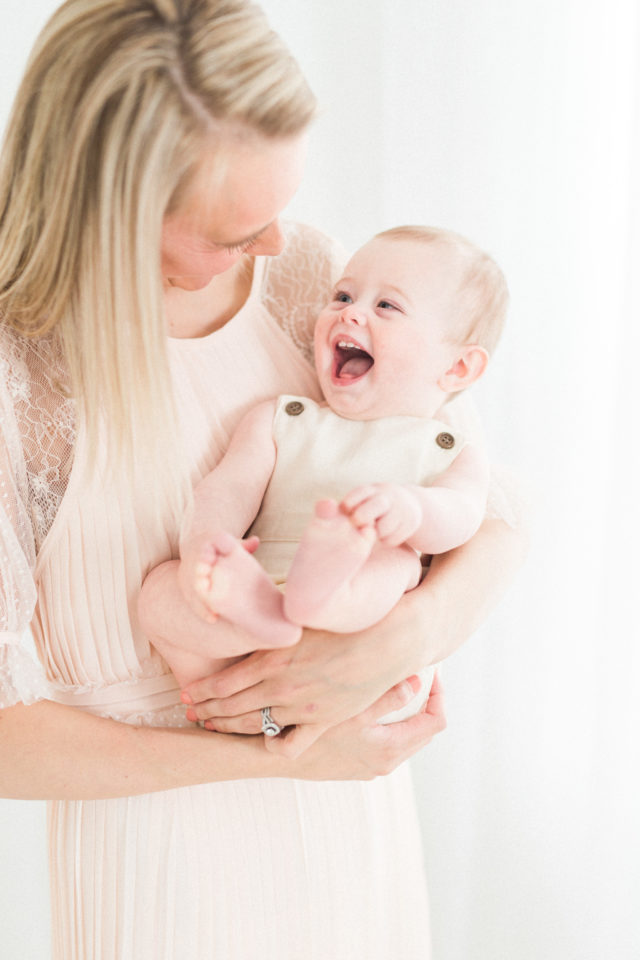
Bonding can be especially difficult if you had a C-section or couldn't see your baby right after the birth. It can also be difficult if your baby was premature and had to spend time in the neonatal intensive care unit (NICU), or if you adopted the child. It may take longer to bond in these instances, but it eventually should happen.
Some mothers develop postpartum depression, which prevents them from completely bonding with their baby. The pain and exhaustion from childbirth -- especially from a difficult delivery -- can also get in the way of the bonding process.
Sometimes, a mother's or father's situation can affect their relationship with the new baby. Any of the following can interfere with your efforts at bonding:
- A childhood that lacked a positive parental role model
- A history of depression or mental illness
- A past pregnancy loss or loss of a child
- Lack of a social network
- Life stresses such as a difficult job, unemployment, or other financial troubles
- Marital problems or abuse
Are There Tips for Bonding With My Baby?
Here are some suggestions that will make it easier to bond with your baby:
- Ask to room-in with your baby at the hospital.
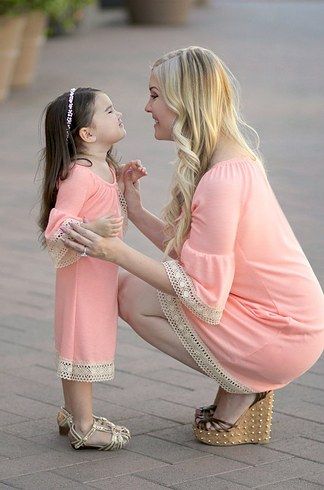 Sleeping in the same room will give you more time to get to know one another.
Sleeping in the same room will give you more time to get to know one another. - If your baby is premature, ask the hospital staff if you can touch and hold them. Just talking to your baby can help the two of you bond. Visit the NICU often to see your baby.
- Once you get home, spend as much time as possible with your baby by wearing them in a sling or carrier, rocking them on your lap, or singing them a song. Your voice and touch can be very comforting.
- Try giving your baby a gentle massage. Research has found that massage can not only improve the relationship between parent and baby, but it also can relieve stress in premature infants and ease postpartum depression in the mother. To learn how to massage your baby the right way, get a video, read a book, or take a class at a local hospital.
- Try making skin-to-skin contact with your newborn. This practice, called "kangaroo care," is often used in premature babies, but studies are finding that it's also calming to babies born full-term.
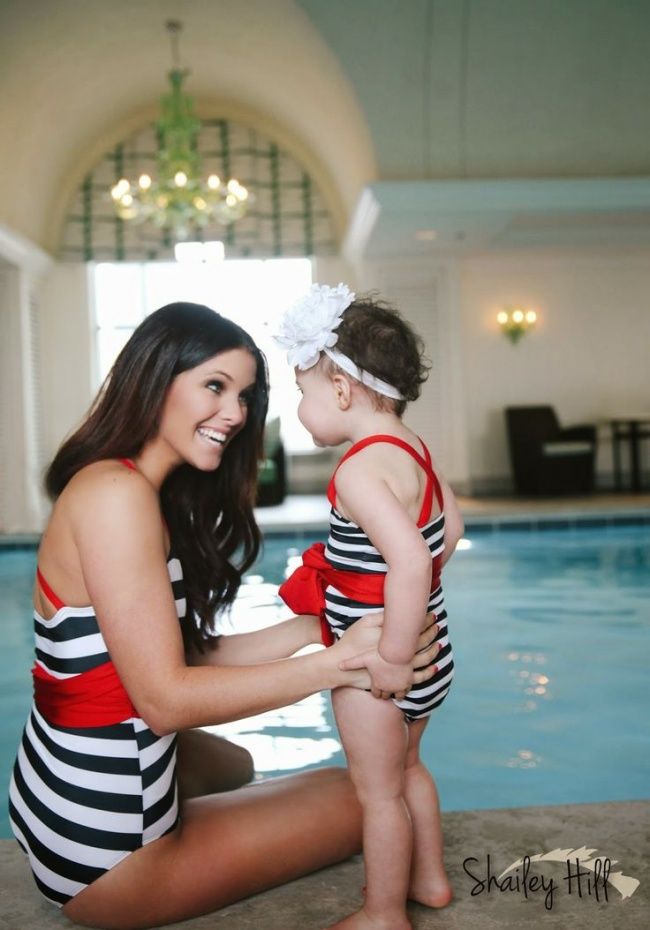 It not only helps with bonding, but it also can improve your baby's ability to breastfeed.
It not only helps with bonding, but it also can improve your baby's ability to breastfeed.
Dads sometimes have more difficulty bonding with their new baby, especially because they miss out on the direct contact of breastfeeding. Here are some ways to enhance the father-baby bonding experience:
- Try to begin bonding with your baby before they are born. Put your hand on your partner's belly to feel the baby kick, go with them to the doctor for prenatal visits, and start thinking about the kind of father you want to be.
- Be in the delivery room during the baby's birth and take part in the delivery as much as possible.
- Help out with the baby's care: take over a few late-night feedings, give the baby a bath, change diapers, or sing the baby to sleep.
- Walk with the baby in a carrier close to your body.
If a few months have passed and you're worried that you still haven't bonded with your baby, talk to your pediatrician. They can determine whether a psychological or health issue may be the cause of the problem.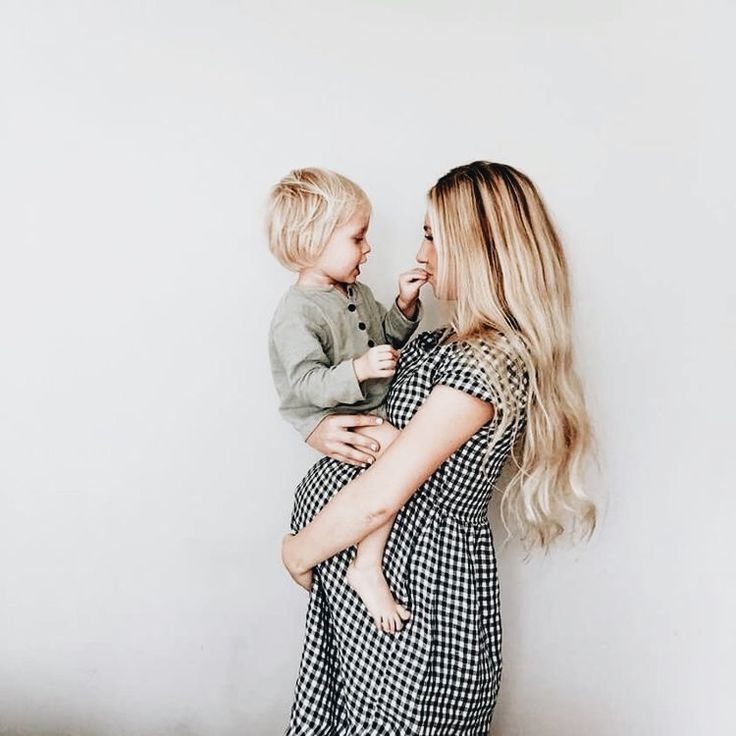
Symbiotic relationship between mother and child
During the intrauterine period, mother and child are one. What happens when a child is born? This magical connection remains even after the child is born.
This is called the symbiotic relationship between the child and the mother.
In the future, the baby will go through several phases that will make him more autonomous (independent) from his mother. The future life of the child largely depends on how this process goes. Believe me, this is not an exaggeration.
The most complex pathological cases of personality disorders are provoked by breakdowns in the "mother-child" interaction system in the early stages of a baby's development. Psychoanalyst Margaret Mahler argued that the roots of the most complex psychoses in children grow from the second half of life, as well as the second year.
Phases of personality development at an early age
What phases will a mother face at an early age?
Autistic phase
It occurs in the first month of life.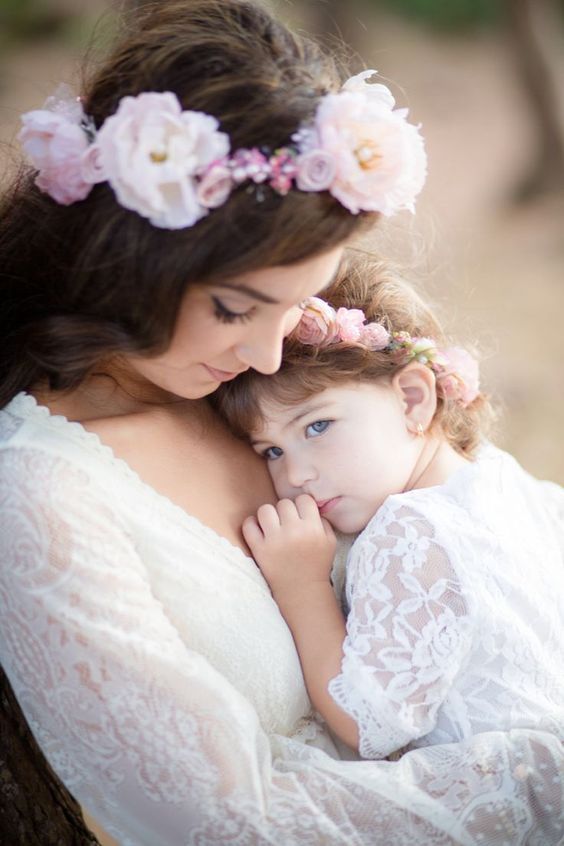 A newborn baby can only react intuitively. Mom, at this time, gets the role of the “external executive self” of the child. She needs to provide him with assistance in the administration of all physiological mechanisms.
A newborn baby can only react intuitively. Mom, at this time, gets the role of the “external executive self” of the child. She needs to provide him with assistance in the administration of all physiological mechanisms.
The baby is growing and the perception of the environment is improving. The autistic phase is replaced by a symbiotic phase over time.
Symbiotic phase
Mother and child are attuned almost at the level of the nervous system. A lot of processes take place in the nervous system, they are connected in the baby and his mother through a system of mirror neurons - this is what we call the symbiotic relationship between the child and the mother.
This is how nature intended it, since a human cub is born before its brain and nervous system mature. The nerve cells are already there. Thanks to the symbiotic connection between the child and the mother, paths appear between them, it is along them that nerve impulses will run, building the final architecture of the brain.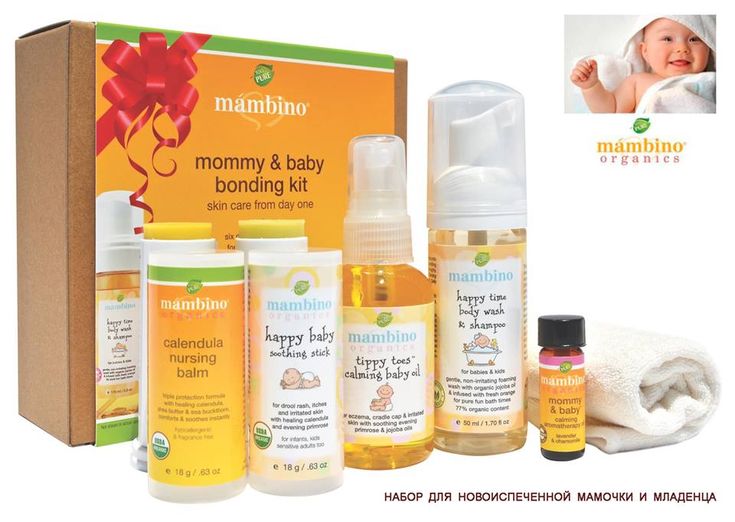
That the process has been started, the mother sees the baby smile and develop a "revival complex" when she comes to him. The symbiotic phase lasts up to five to six months. This is an extremely important phase, and it will be discussed in our article.
The symbiotic relationship between child and mother is an evolutionary mechanism for survival and cultural transmission in our human species.
The process of leaving the symbiosis begins in the baby between 2-3 years of age. There is a stormy and active - the crisis process of exit. This is how it should be according to the natural program. But modern children often get stuck in this process. By the way, both children and mothers…
Causes of “stuck” in the symbiotic relationship between mother and child
A) It is worth noting that the intellectual development of modern children is ahead of schedule, even when we are not fond of various methods of early development. The modern kid is seriously overloaded with information.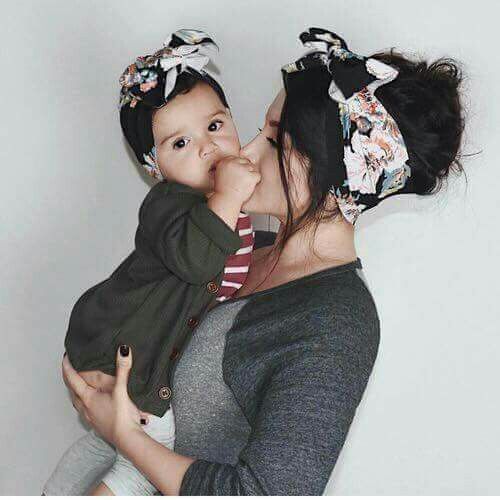 For this reason, his intellectual development takes a lot of energy, and there is simply not enough energy to get out of the indicated symbiotic relationship between mother and child, to completely go through all the phases of this connection. Children are born someone stronger - someone weaker. Someone needs to make more efforts to get out of the symbiosis, someone needs less.
For this reason, his intellectual development takes a lot of energy, and there is simply not enough energy to get out of the indicated symbiotic relationship between mother and child, to completely go through all the phases of this connection. Children are born someone stronger - someone weaker. Someone needs to make more efforts to get out of the symbiosis, someone needs less.
B) The second part of this symbiosis is the mother of the baby. It is often difficult for a mother to go through the phases to exit the symbiosis, since she did not go through these phases with her mother. Unfortunately, we have been raised in such a way that few people have the experience of a healthy exit from the symbiotic bond of a child and mother. We don't have this natural exit program to rely on: I went through it, I know. Now my baby is going through this and it is quite natural and normal.
The mother's behavior is also affected by the lack of basic experience from her childhood. And, consequently, anxiety appears both on the part of the baby and on the part of the mother.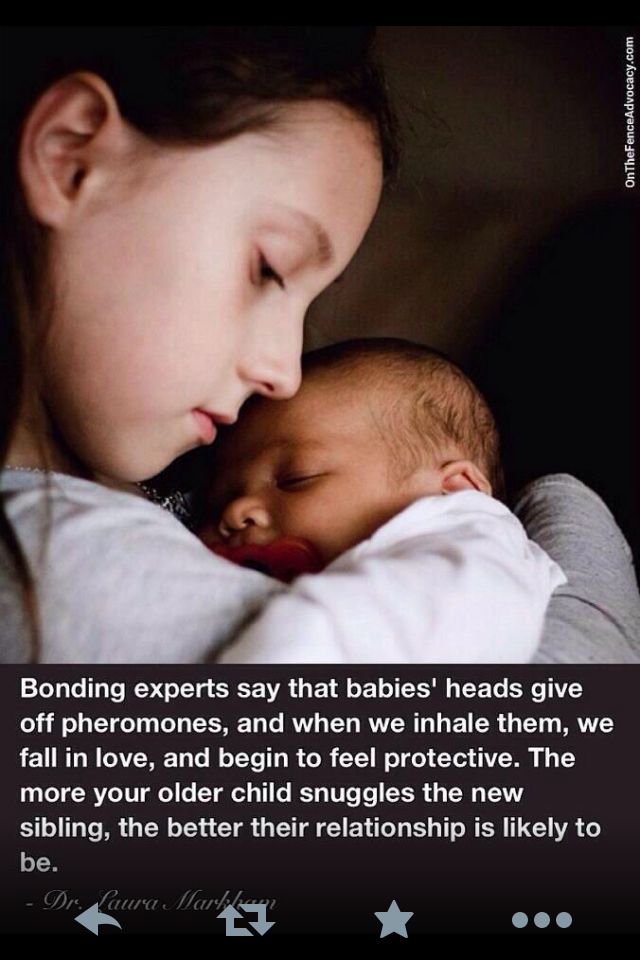 That is, these processes can be disrupted at the initial stages.
That is, these processes can be disrupted at the initial stages.
The symbiotic relationship between the child and the mother is the attunement of the nervous systems.
How does a child develop, how does he come to independence and exercise his motivation? How is the child's nervous system working?
First, together with my mother, thanks to her ability to regulate (well, if it exists) her emotions, her excitement, her ability to somehow calm down. The child adjusts to the specified balance of the mother's nervous system. Adjusts to mother's breathing, to mother's heartbeat - it's together.
Next, the baby learns to do something based on the mother. Something happens to him, but he finds a foothold in his mother.
And only then the baby will find a foothold in himself and act independently.
Separation-individualization phase
This is the phase of separation of the baby from the mother. Increasing independence and autonomy.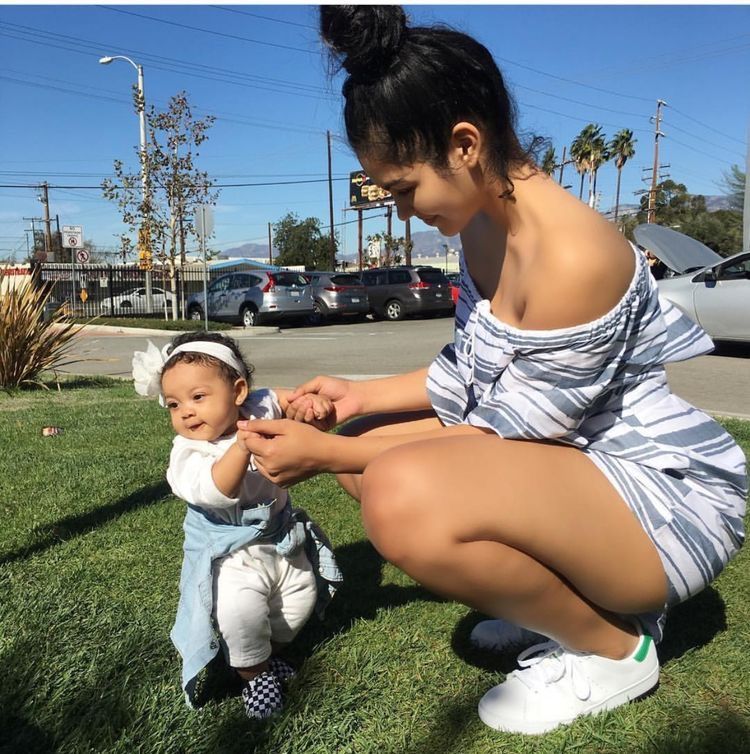 This phase begins at about two years of age. The phase of separation-individuation itself is carried out in four stages:
This phase begins at about two years of age. The phase of separation-individuation itself is carried out in four stages:
Differentiation (at the age of 5-6 to 10 months of life) - there is an increase in the child's interest in the world around him.
Exercise (from the 10th to the 15th month of life) - the growth of curiosity and the development of walking. Although the baby is physically separated from the mother by motor activity, he still needs the support of his mother. Mom feeds the baby emotionally when he experiences a breakdown, is tired.
Recovery (from the 16th to the 24th month of life) - let's call it - the crisis of the second year of life. The child wants to be with his mother and without her at the same time. He has to overcome such internal contradictions. The intensity of inconsistency slowly decreases, the baby's autonomy increases and a more realistic perception of himself is formed.
“I myself” crisis (between the 24th and 30th months of life) is the so-called crisis of the third year of life.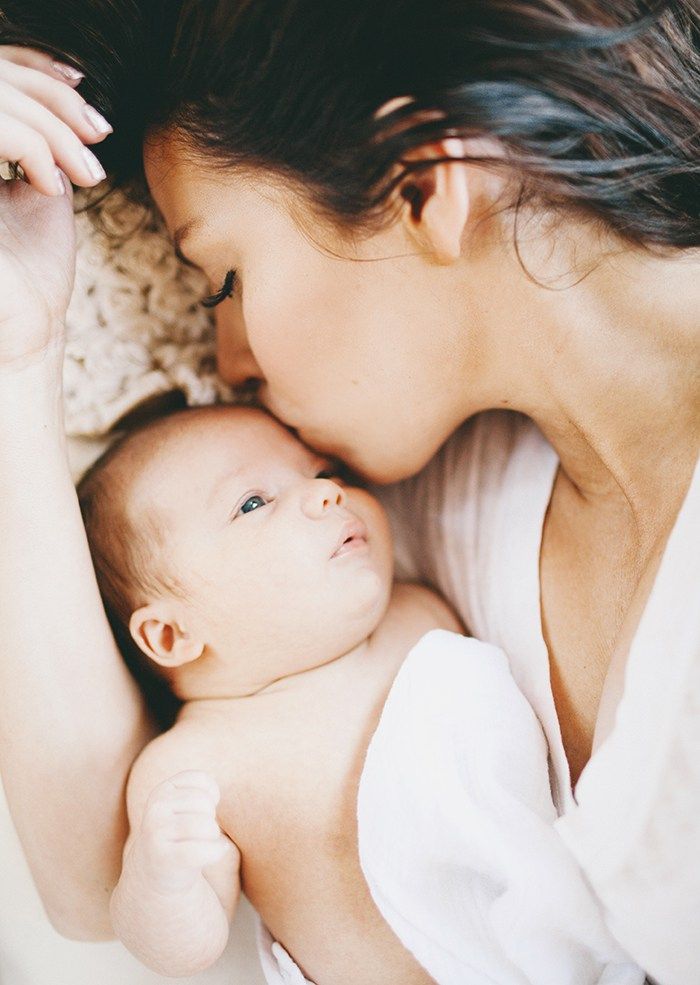 There is an increase in independence.
There is an increase in independence.
Many parents consider the manifestation of this crisis to be something bad, saying that it has bypassed their child. However, this position is wrong. The development of this period is in leaps and bounds: calm, mild moments are replaced by crises with a very rapid course.
During this crisis, the baby rises to a new level of development. For this reason, it is necessary to treat the child in such periods with understanding. Personality needs to go through in its development all of the stages provided by nature. Nature does not tolerate emptiness.
Mother-child bond | Nutrilak
02/11/2021 10977
Even during pregnancy, an absolutely amazing bond appears between mother and baby, which only becomes stronger after birth.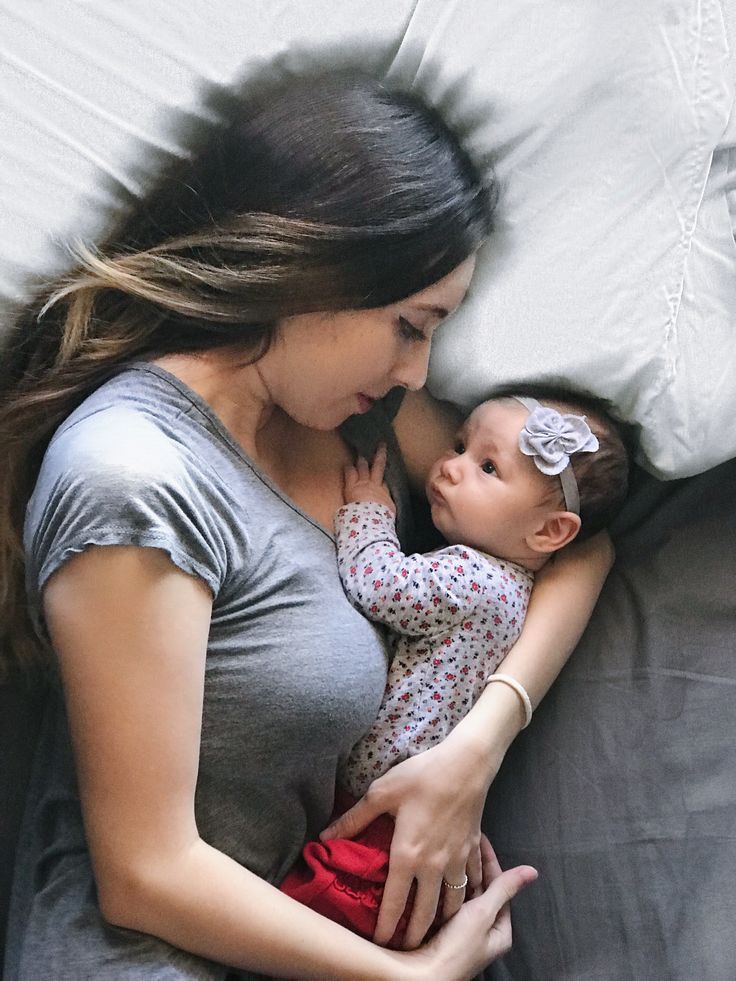 Already in the womb, babies react to the feelings of a woman, her emotional state, fatigue, illness. Mom feels almost every movement of the baby, understands when he is tired, when he is resting, and when he is awake. This bond is getting stronger every day. When a newly born baby is placed on the mother's chest in the delivery room, a real miracle happens.
Already in the womb, babies react to the feelings of a woman, her emotional state, fatigue, illness. Mom feels almost every movement of the baby, understands when he is tired, when he is resting, and when he is awake. This bond is getting stronger every day. When a newly born baby is placed on the mother's chest in the delivery room, a real miracle happens.
Importance of body contact with the newborn
In recent years, early skin-to-skin contact has been widely practiced in our country. Initially, this approach was used to increase the chances of successful breastfeeding. In the course of the experiments, it was found that mothers who had their newborn babies placed on their breasts immediately after childbirth produced more of the hormone oxytocin, which is considered to be the hormone of happiness and affection. In parallel, the production of the hormone prolactin, which promotes lactation, increased.
All these events taking place at the biochemical level are associated with the strongest emotions from meeting, from the touch of your baby! After nine months of gestation, the mother finally meets her child, can touch him, stroke him, kiss him. It is at this moment that the attachment that appeared during pregnancy becomes even more obvious.
It is at this moment that the attachment that appeared during pregnancy becomes even more obvious.
The importance of the emotional bond between mother and child
After birth, the bond between mother and child is strengthened by many factors.
Through touch, the baby gets to know the world. Gentle strokes or light tickling evoke pleasant emotions and the first smile in the baby. Every centimeter of skin is literally strewn with different types of receptors that transmit signals to the brain. Regular exposure to receptors gives rise to the simplest neural connections.
Carrying on hands gives the baby a sense of security. Gently pressing the child to you, somewhat limiting his movements, you are able to remind the baby of the conditions in which he was all nine months. Also, don't be afraid to "teach the baby": when you respond to the call of the child and take him to you, you are not doing anything wrong. You only show the baby that you can be trusted, and in case of trouble, you will be there.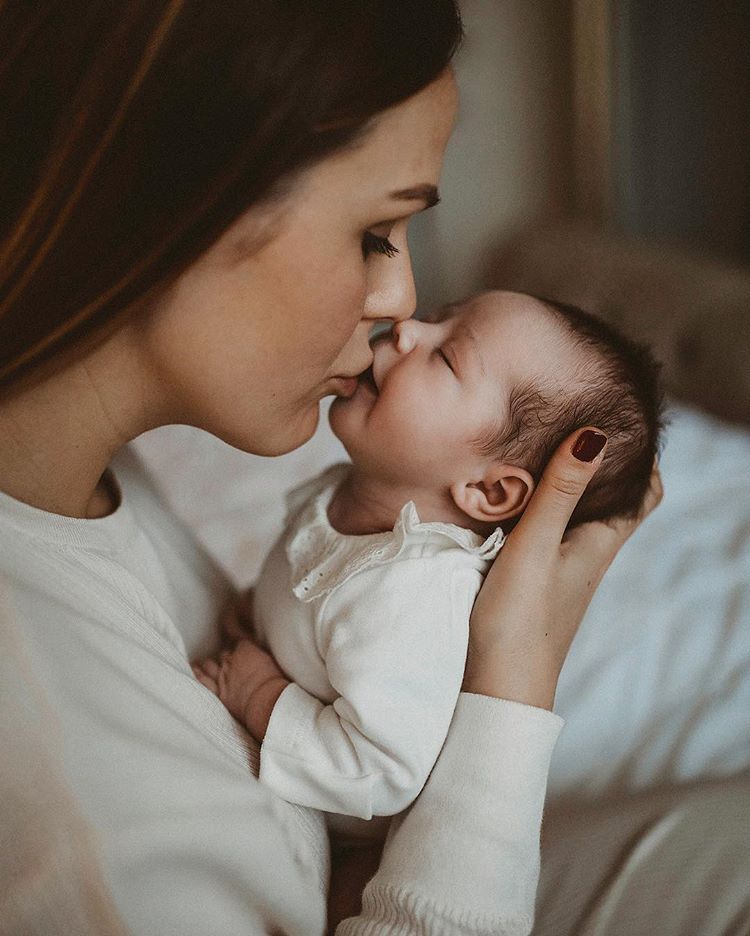
Communication with the child, looks, smiles. You just think that a newborn baby does not understand anything. At a minimum, even in the prenatal period, the child remembers voices, intonations, and later distinguishes “his own” (mother, father, grandmothers, etc.) “strangers” even by sound. It is your rich facial expressions in relation to the child that help the development of his emotional intelligence, introduces him to a huge palette of feelings, teaches him to respond to various circumstances correctly.
At the age of 2-3 months, children develop the so-called "revival complex" - this is nothing more than a bright positive emotional reaction to contact with the child, to a smile addressed to him, to affectionate words. "Revitalization Complex" demonstrates the level of neuropsychic development of the baby.
This is important!
A mother for a child is a guarantor of peace and security, unconditional love and acceptance. On a subconscious level, the baby was entrenched that where the mother is, it is good there.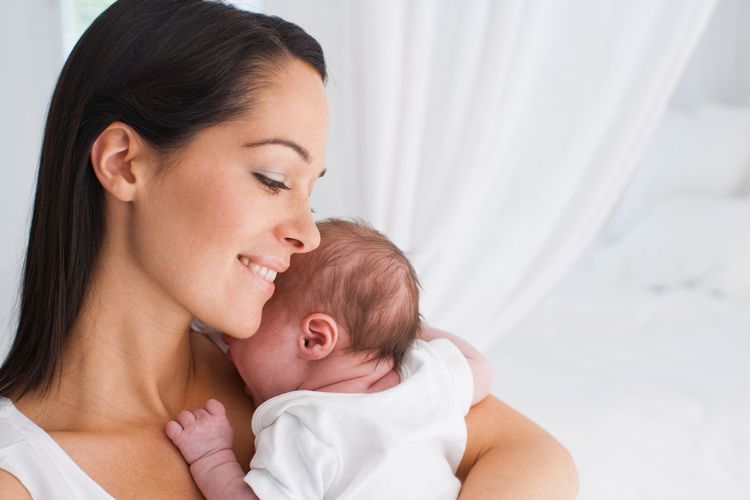
For nine months, it was the mother who carried the child under her heart, in fact, protecting him from any environmental factors, i.e. was a source of security; it was her voice that he heard in the womb; it was her hands that stroked him first; it is the mother who helps to satisfy hunger and other physiological needs. It is thanks to the mother that the baby learns to trust this world, to open up to it, to hope for help. And all this happens only thanks to a completely unique, invisible, subtle connection that can only exist between a mother and a child.
The influence of mother's emotions on the child
A huge number of studies are devoted to the influence of the emotional background of the mother on the developing fetus. The release of a large number of stress hormones (cortisol, norepinephrine) significantly slows down the maturation of the central nervous system in utero. However, scientists also do not advise women to refuse to experience any negative feelings. It is thanks to the mother that even in the womb the child begins to get acquainted with a huge palette of emotions and experiences, this is a direct acquaintance with the world.
It is thanks to the mother that even in the womb the child begins to get acquainted with a huge palette of emotions and experiences, this is a direct acquaintance with the world.
This is important!
After birth, the emotional state of the mother also affects the development of the baby. If a mother is breastfeeding and at the same time experiencing prolonged stress, aggression or strong feelings, cortisol is also transmitted to the child with milk. In addition, there is evidence that postpartum depression affects the developing intelligence of the baby.
However, even if we move away from the biochemical processes that occur in the body of a young mother and child, it is foolish to deny that, in general, the favorable emotional background of the mother in many ways helps the child grow and develop correctly. It was the mothers who had the good fortune to be the most important person in the life of a newly born baby. But at the same time, it is on their shoulders that there is a huge responsibility, burden, worries for their child.